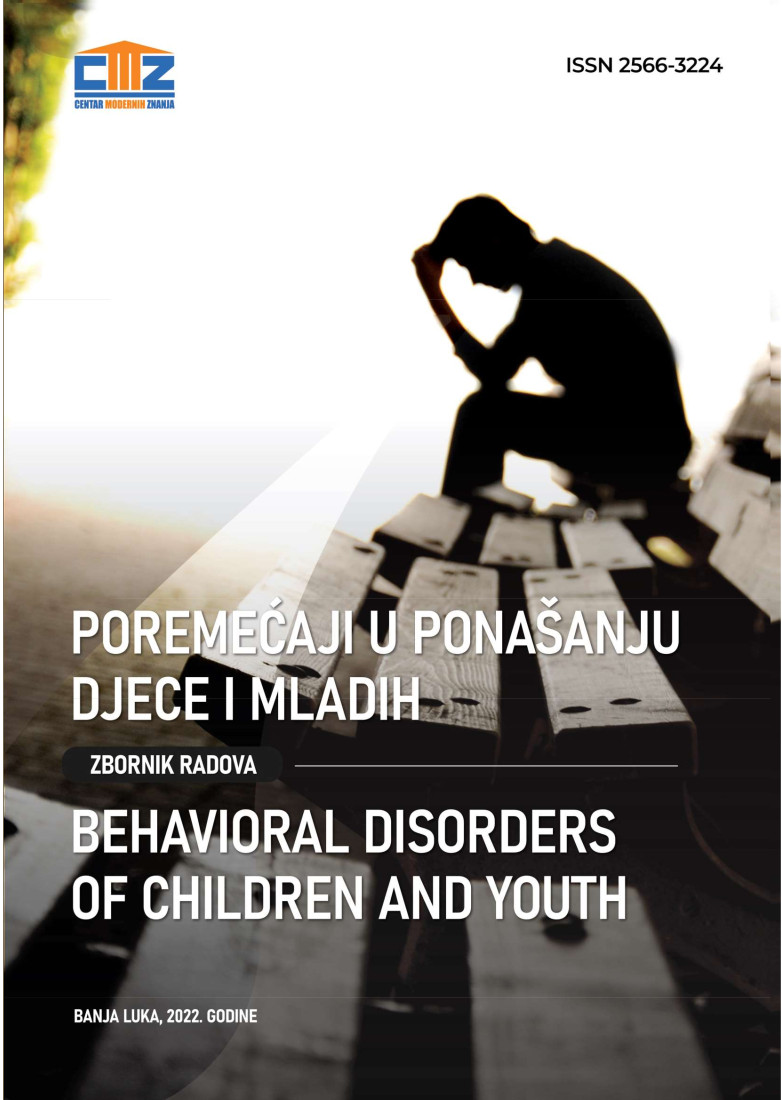MEDIJSKA PISMENOST KAO INSTRUMENT ZA ZAŠTITU DJECE I MALOLJETNIKA
MEDIA LITERACY AS AN INSTRUMENT FOR PROTECTION CHILDREN AND MINORS
Author(s): Emina Dedić BukvićSubject(s): Education, Psychology, Media studies, Sociology, Family and social welfare, Social Norms / Social Control
Published by: CENTAR MODERNIH ZNANJA
Keywords: media literacy; best interests of the child; media rights; media education;
Summary/Abstract: Children expect, but also need, special attention from society aimed at meeting their needs, which are based on the Convention on the Rights of the Child. The UN Convention on the Rights of the Child is the first legally binding international instrument intended to protect children's rights. The four fundamental principles of the Convention deal with the issue of children's rights, and are reflected in the following: the best interests of the child, the right of every child not to be discriminated against, the right of every child to have his or her opinion heard in relation to issues that concern him or her, and the right of every child to survival and development. In addition to the basic principles of the Convention, it is important to single out the media rights that are provided to every child by this Convention. Regardless of the regulations, guidelines, and other significant international and national documents, we are faced with incomplete application of the Convention in practice, as there have been numerous examples of neglecting the best interests of the child and his media rights for the sake of sensationalism, promotion, misinformation, hate speech, unrealistic standards of beauty, presenting the child's identity in different situations, etc. Accordingly, the most important step in protecting children's rights in the media environment is media literacy - of parents, educators and media workers. As one of the functional literacy, media literacy enables knowledge about different media, skills of analysis and critical understanding of media contents, and evaluation of those contents and their impact on the individual and on society. Today, it is important to teach parents, educators and other experts to critically read and interpret media messages so that children and young people can support the development of an open, active and critical attitude towards the media and media content. Strengthening media literacy serves for self-empowerment of the professional position and recognition of one's own social importance and responsibility. In addition, through media literacy, adults recognize the modalities of controlling their own, but also the media habits of children and young people. Media literacy and media education represent an educational imperative of modern society, as well as a prerequisite for a quality inclusive educational approach to children and young people.
Journal: DRUŠTVENE DEVIJACIJE
- Issue Year: VII/2022
- Issue No: 7
- Page Range: 601-610
- Page Count: 10
- Language: Bosnian, Croatian, Serbian

